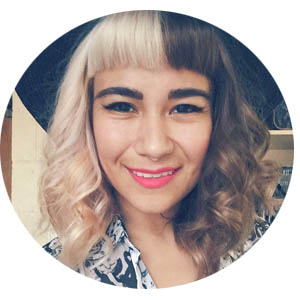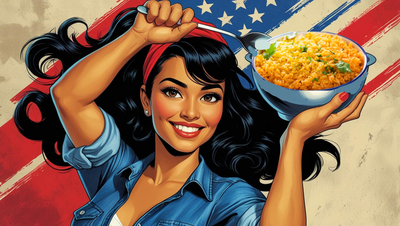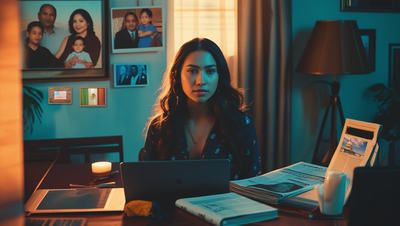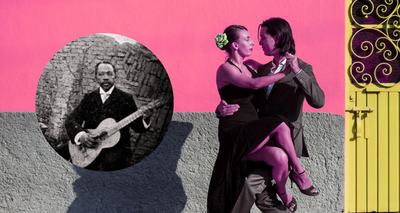I was never THAT kid who was encouraged to go to college. I was never that kid that was smarter than everyone else, that kid that shined, that kid that professors believed in. I just wasn’t. By the time I was almost 9 years old, I knew I was dumb by society’s standards. I did not learn to read when everyone else did, so when I was still an 8 year old in a first grade class it was decided that I had a learning and reading disability. Being an older kid and not knowing how to read, in the USA, meant that I was instantly labeled dumb and unfortunately I never shed that notion of myself.
“I was that OTHER kid, whose cheering squad was me, myself, and I…”
Fast forward to high school, I remember hearing about college. Again, it was not something that people encouraged in me and it was not something that I necessarily could see in myself but decided either way that I would go to college. So during Junior year of high school, with a 2.5 GPA, I marched into my school counselor’s office and told him that I was going to enroll in the college bound classes known as AP classes. I wanted as many as I could get on my senior class schedule, to which my counselor told me that it was perfectly okay to display a different sort of intelligence. He told me that I had more of a “kinetic intelligence” meaning that he was discouraging me from enrolling in said classes.
But being a brown immigrant Latina from a working poor context, I knew by then that I was my biggest advocate, so I went to the one person who could convince my public school counselor to change his mind: my mami.
So I brought my mami to school to force him to put me in those college bound classes. As I was sitting there selectively translating to my counselor why I should be AP classes, he had the audacity to tell me that he felt it was not a good move because he would be setting me up for failure. My high school counselor who had all the power in his hands to make it easier for me to attend college or rob me of that opportunity had somehow justified this move by saying that because I did not have parents at home who could support and help me with my work, aka Spanish speaking immigrant parents, therefore I did not belong in college bound classes.
As I sat there with as much shock and indignation as any brown girl who has consistently been told: You can’t. She did it anyways. I turned to my mami and translated what he said in hopes that she would be on my side. Yet my mami did what any immigrant parent usually does, she bowed her head and said: tal vez tiene razón. Internalized oppression is like that sometimes, and I cannot sit here and defend nor accuse my mami of being a bad parent, but what I did in that moment was remember that I was always going to believe in my unreachable dreams more than anyone else and that was just the life that I was dealt. So I remember having a 5 second reflection, where I saw my college dreams fleeting and I knew that I had to take measures into my own hands, so I purposefully “mistranslated” what my mom said, and insisted that my mom believed in my unreachable dreams and she believed in me.
Long story short: I was put into my AP classes, and ended up applying and attending a four-year institution. All of which would not have happened, if I had listened to those voices around me that are meant to keep us down, specifically in this case: brown immigrant Latinxs from a working poor context. I did not work harder than my peers who ended up not going to college, but when I figured out the system was not for me, I outsmarted it because that was my only way out.
Systematic racism and internalized oppression is so real, and it keeps many of us down. So to the ones who somehow barely make it out; it is our duty to become cheerleaders and advocates for those with unreachable dreams. Because I was never THAT kid, whose cheering squad included mentors and teachers and family. I was that OTHER kid, whose cheering squad was me, myself, and I. And I could have used a lot more people than that along the way.
Prisca Dorcas Mojica Rodriguez , Contributing Writer & Founder, Latina Rebels
, Contributing Writer & Founder, Latina Rebels






